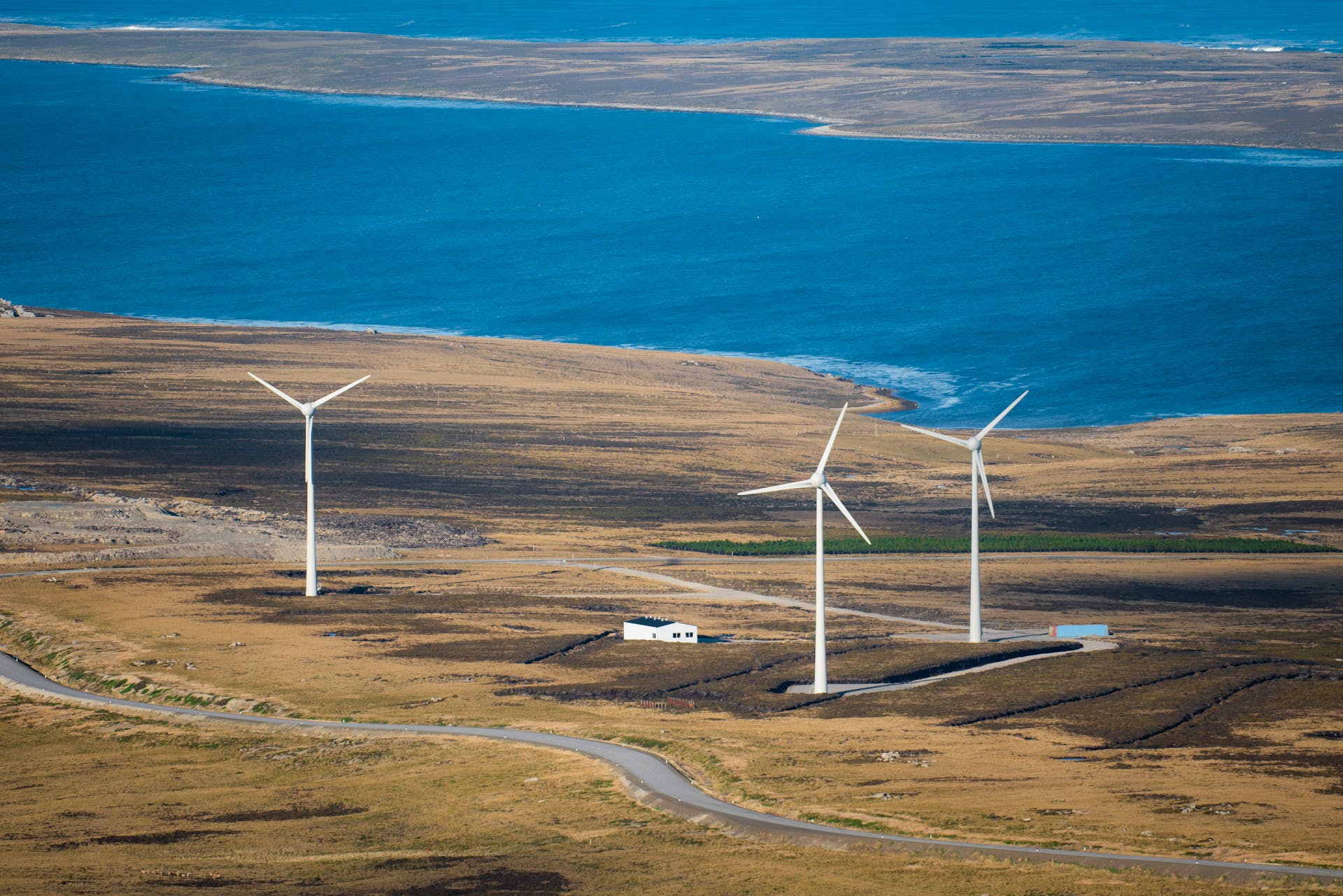The BBC Needs no Lessons in Patriotism: Thatcher’s battle with the BBC over the Falklands War
Across Sir Richard Francis’ BBC career, the British Government often fought for firmer control of the media and message. As I explore in The BBC’s Last Warrior-Statesman, this doubled down under Tory PM Margaret Thatcher and reached new intensities during the Falklands Crisis.
It was on Friday, 2nd April 1982 that the British public first learned that the Falkland Islands, 8,000 miles away in the South Atlantic, had been invaded. The first definite information came from a radio amateur, Bob McLeod with the call-sign “VP8LP” who was living in Goose Green on East Falkland. BBC’s Foreign Duty Editor, Laurie Margolis, another radio enthusiast, was listening on the BBC Ariel Club Radio Group’s equipment, a short- wave transmitter from an attic in Portland House in Regent Street. The BBC Ariel Club was a amateur radio enthusiast club with members dotted around the world, facilitated by the BBC. Bob McLeod went on,
“The British Government denies it, but they have no contact, I believe, with the Falklands. We have been taken over. There is an aircraft carrier, and I believe four other boats. They have heavy armoured vehicles in Stanley and quite a number of personnel.”
The BBC transmitted, on the BBC’s World Service. before the British Government had, itself, received information of the invasion. The Foreign Office had taken the view that an invasion was neither probable nor imminent. Prime Minister Margaret Thatcher was enraged and her Foreign Secretary Lord Carrington was embarrassed.
Margaret Thatcher was determined not to repeat the mistakes – as she saw it – of the coverage of conflicts like the Vietnam War when the press was allowed to roam free, using the US military as taxi drivers, and then reporting into our living rooms immediate infiltered pictures of war, often contradicting the official line. Thatcher wanted to control the narrative. Her ally in this was distance and the inability to transmit information over any distance other than by radio.
So it was very unwelcome that the BBC were controlling initial broadcasts about the incident, later to become a full-blown war.
Thatcher determined to gain more control of the media, heavily restricting the numbers of journalists able to join the task force as it sailed south. The BBC and ITV were allocated one each. Despite direct lobbying to Bernard Ingham, Thatcher’s legendary bull of a press secretary, the BBC’s request to add External Services journalists (messaging the rest of the world) was refused. Naval officers, meanwhile, were often openly hostile to all reporting, “any trouble from you and I’ll have you put in irons” (a comment attributed to a Royal Navy officer and recounted in Alasdair Milne, then MD, BBC TV, in his memoirs). Brian Hanrahan, the BBC correspondent selected to accompany the task force, was told that anything he reported might be detrimental to its operation.
It was Brian who famously reported on the BBC News, “I’m not allowed to say how many planes joined the raid, but I counted them out and I counted them all back.”
As the War developed, many in Thatcher’s cabinet felt the BBC coverage, treating British and Argentina as equals, to be offensive. Foreign Secretary Hugh Pym said, “The case for our British forces is not being put over fully and effectively”.
Thatcher’s government were, rightly, insecure that they had embarked on a risky military adventure, thousands of miles from their bases, and did not have public opinion on their side. Whilst the media and a large section of the population supported a strong show of force, as befits a major imperial nation, many felt it was an irrelevant and costly distraction in straightened economic times. Thatcher was gambling her premiership at a time of low approval ratings and the 1983 General Election looming on the horizon.
Dick Francis, BBC’s pugnacious and principled editor-in-chief, confirmed the BBC’s long- established policy: “the BBC assiduously refers to “the British forces” and the “Argentine forces” not “ours” and “theirs”. He went on, “This is partly because the BBC is broadcasting to the world. It is not the BBC’s role to boost the morale of British troops or rally British people to the flag”. At an international TV news conference in Madrid in the height of the war he spoke forcefully in support of the BBC’s coverage: “The BBC’s reputation does not come from being tied to the British Government’s apron strings. Neither does it come from being a jingoistic drum for the British Task Force (in the Falklands)”.
As the New York Times said at the time, “Thatcher abets deplorable attacks on the BBC for its failure to wave the Union Jack forcefully enough.” While “Richard Francis replied with dignity, “The widow of Portsmouth is no different from the widow of Buenos Aires”… “the BBC needs no lessons in patriotism the present Government or any other.”
After his speech, responding to a question about the difficulties that the MOD had put in the BBC’s way in getting television film back swiftly from the fleet, he said, “We have good correspondents out there, but we can only get the film back as fast as they can swim!”
At the end of 1982, the Observer selected the most influential and consequential quotes of the year, Dick Francis’ quote on the widow of Buenos Aires was on the list as was Margaret Thatcher “I am extraordinarily patient, provided I get my own way in the end”.
Although the Falklands War was brief, the battle for the BBC was only just beginning.


